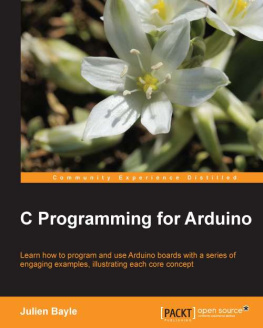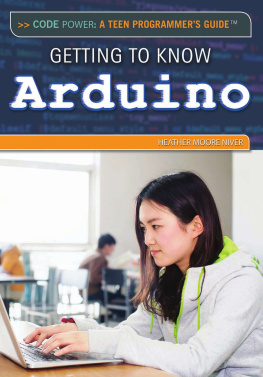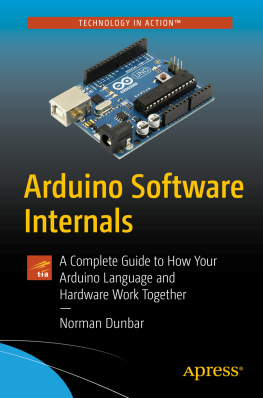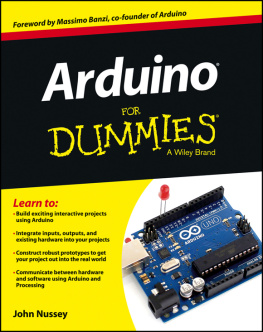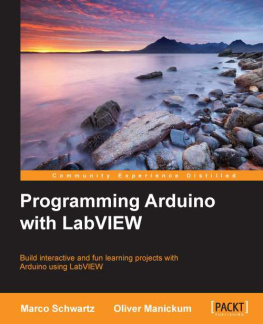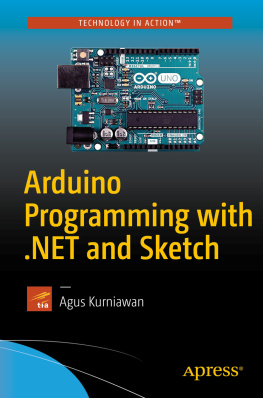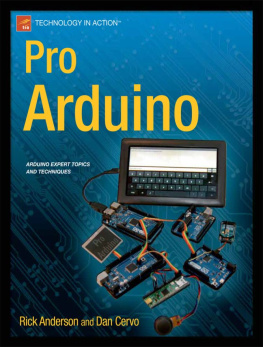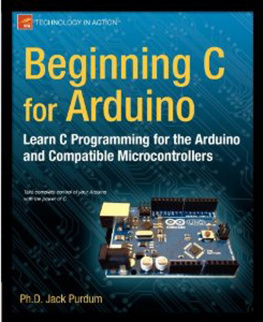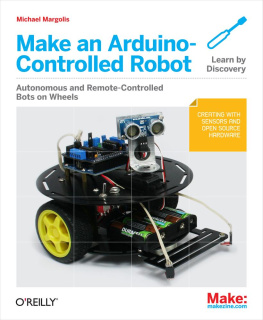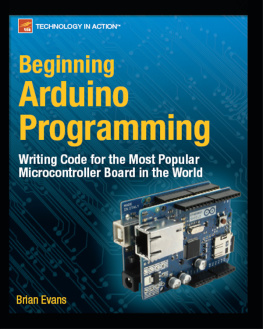As a minimalist digital artist, he works at the crossroads between sound, visual, and data. He explores the relationship between sounds and visuals through his immersive AV installations, his live performances, and his released music. His work, often described as "complex, intriguing, and relevant", tries to break classical codes to bring his audience a new vision of our world through his pure digital and real-time-generated stimuli.
He's deeply involved in the open source community and loves to share and provide workshops and masterclasses online and on-site too. His personal website is http://julienbayle.net.
Acknowledgement
I would like to thank my sweet wife Angela and our daughter Alice for having been my unconditional supporters. Special thanks to our son Max, who was born between the writing of Chapter 11 and Chapter 12!
I would also like to thank my two great friends Laurent Boghossian and Denis Laffont because they were there for me all through the course of this huge project with their advices, jokes, and unconditional support.
I would like to extend many thanks to two very nice persons and friends whom I asked to review this book for me: Glenn D. Reuther and Darwin Grosse.
I thank the following great programmers who coded some libraries that have been used in this book: Marcello Romani (the SimpleTimer library), Juan Hernandez (the ShiftOutX library), Thomas Ouellet Fredericks (the Bounce library), Tim Barrass (the Mozzi library), David A. Mellis from MIT (the PCM library), Michael Margolis and Bill Perry (the glcd-arduino library), and Markku Rossi (Arduino Twitter Library with OAuth Support).
I want to thank the creators of the following powerful frameworks used in this book besides the Arduino framework itself: Max 6, Processing, and Fritzing.
Lastly, I'd like to hug Massimo Banzi and Arduino's project team for having initiated this great project and inspired us so much.
About the Reviewers
Darwin Grosse is the Director of Education and Services with Cycling '74, the developer of the Max media programming system. He is also an Adjunct Professor at the University of Denver, and teaches sonic art, programming, and hardware interface in the Emerging Digital Practices department.
Pradumn Joshi is currently pursuing his Bachelor's degree in Electrical Engineering from NIT Surat. He is an avid elocutionist and debate enthusiast, and is also interested in economics, freelance writing, and Western music. His area of technical expertise lies in open source hardware development and embedded systems.
Phillip Mayhew is a Bachelor of Science in Computer Science from North Carolina State University. He is the Founder and Managing Principal of Rextency Technologies LLC based in Statesville, North Carolina. His primary expertise is in software application performance testing and monitoring.
Glenn D. Reuther's own personal journey and fascination began with music technology during the 1970s with private lessons in "Electronic Music Theory and Acoustic Physics". He then attended Five Towns College of Music in NY and has been a home studio operator since 1981, playing multiple instruments and designing a few devices for his studio configuration.
Since then, he has spent several years with Grumman Aerospace as a Ground and Flight Test Instrumentation Technician, before moving through to the IT field. Beginning with an education in Computer Operations and Programming, he went on to work as network and system engineer having both Microsoft and Novell certifications. After over 10 years at the University of Virginia as Sr. Systems Engineer, he spends much of his spare time working with the current state of music technology. His website is http://lico.drupalgardens.com.
He is also the author of "One Complete Revelation", a photo journal of his nine-month trek throughout Europe during the early 90s.
I would like to thank the author for his friendship, and I would also like to thank my wonderful wife Alice and son Glenn for their patience, understanding, and support during the editing process of this book.
Steve Spence has been a veteran of the IT industry for more than 20 years, specializing in network design and security. Currently he designs microcontroller-based process controls and database-driven websites. He lives off grid and teaches solar and wind power generation workshops. He's a former firefighter and rescue squad member, and a current Ham Radio operator.

